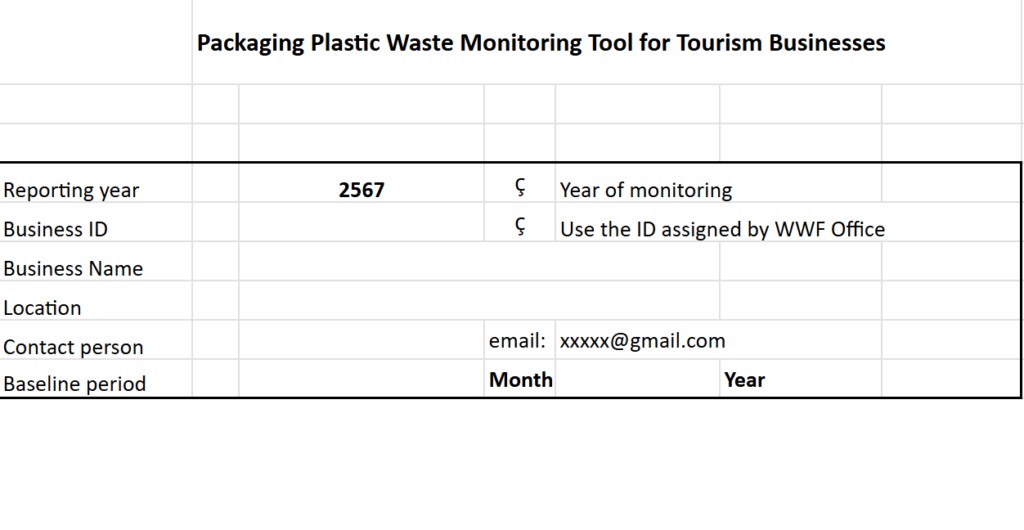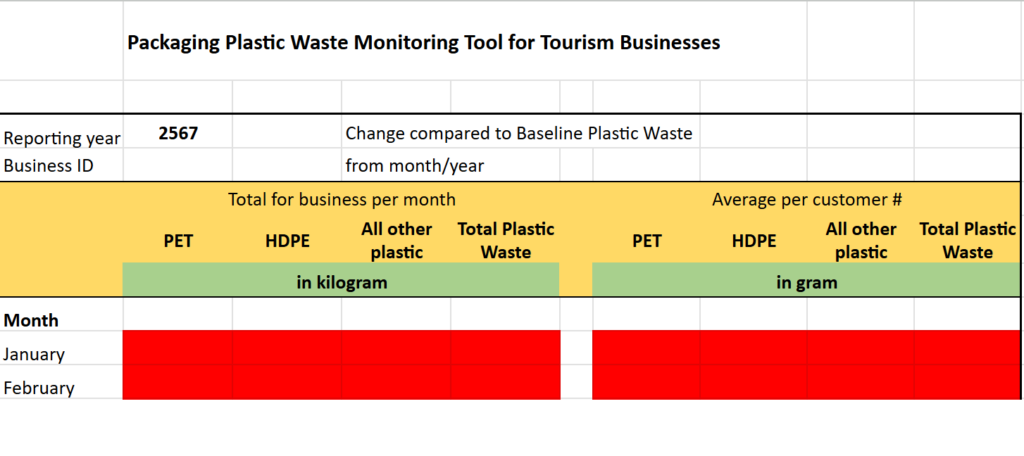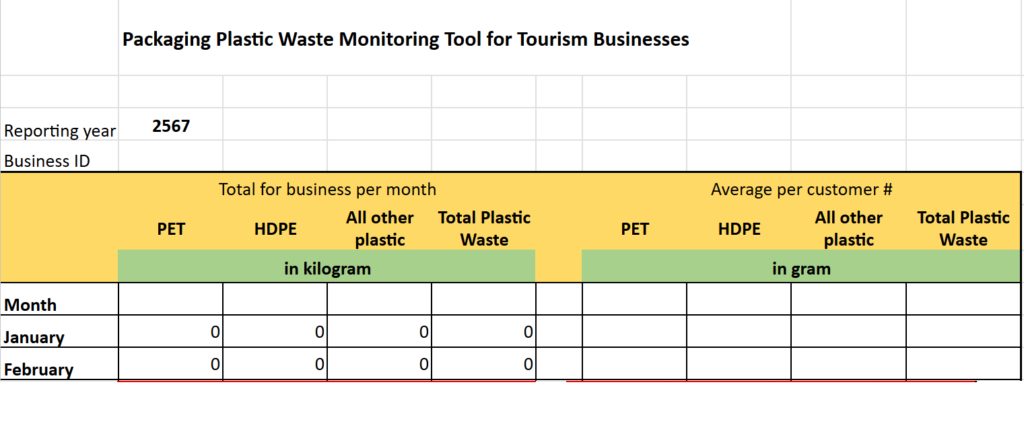Thailand is renowned as a biodiversity hotspot, situated near the Coral Triangle-a global center of marine life and coral diversity.
This proximity fosters close ecological connections between Thailand and this critical marine region. Despite its rich biodiversity, Thailand has been identified as a significant contributor to marine litter, particularly plastic waste. To address this issue, the Thai government introduced the Plastic Waste Management Roadmap 2018-2030 in 2019, along with ongoing negotiations for the Global Plastics Treaty, is laying a strategic foundation for the country’s policies and regulations on plastic waste prevention and management.
This initiative focuses on preventing plastic leakage into the sea by optimising the packaging value chain, following circular economy principles.
Between 2023 and 2026, the WWF is collaborating with GIZ and UNEP COBSEA to reduce plastic waste leakage into the sea in Thailand. Under the Marine litter prevention through reduction, sustainable design and recycling of plastic packaging (MA-RE-DESIGN) project financially supported by German Government, the partners will: Promote sustainable packaging design and Extended Producer Responsibility regulation; Mobilise the tourism sector and municipalities in two marine biodiversity hotspot to prevent and better manage plastic waste; Foster knowledge-sharing and exchange of lessons learned with key regional stakeholders.
This includes supporting the Pollution Control Department (PCD) in developing a legal recommendation aligned with ecological design (eco-design) policies, offering technical support companies to enhance production processes and packaging design for environmental sustainability, and organising knowledge exchange sessions and innovation award to emphasise the importance of eco-design.
Within this initiative, the WWF works with Koh Tao and Trang municipalities as well as tourism stakeholders on Koh Tao, Koh Libong,
Koh Muk, and in Pak Meng.

Its high tourism-driven plastic waste makes Koh Tao ideal for piloting marine litter prevention and showcasing effective waste reduction strategies.
Its diverse coastal ecosystem and mixed urban-rural communities make Trang ideal for modeling comprehensive waste management solutions.
An example of plastic waste and packaging monitoring tool. This monitoring tool has been developed by WWF to support tourism businesses who are participating in the MA-RE-DESIGN project and those who have committed to reducing single-use plastic waste.
The monitoring tool enables accurate tracking and measurement of all plastic waste and packaging generated.
A key requirement for effective monitoring is the separation and weighing of plastic waste from their total waste. The primary goal of this tool is to record daily waste data accurately, ensuring precise measurements and effective waste management.



Project Manager
Contact: eknarina@wwf.or.th
Field Coordinator (Koh Tao)
Contact: aimonp@wwf.or.th
Field Coordinator (Trang)
Contact: tikak@wwf.or.th